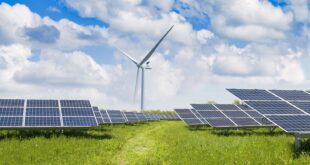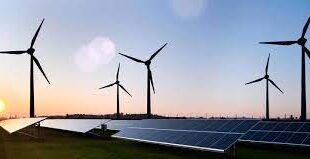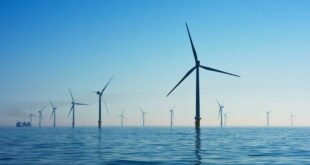The aim of this document is to investigate the dynamic relationship between economic growth. renewable energy consumption. energy consumption and CO2 emissions in Tunisia over the period 1990–2015. Unit root tests and co-integration test was used in order to detect the order of stationary and to test the existence long run links between the used variables. We apply the Granger causality test and VECM model to discover the short and long run links between the variables. Results have shown a bidirectional causal relationship between energy use and CO2 emissions. Economic growth affects CO2 emission in the short and long run. While there is a unidirectional links running from energy use to economic growth at short run. The paper shares best practices from Tunisia in terms of efficient use of renewable energy policy enablers. which may be contextualized in other emerging economies in order to keep sustainability and to achieve the green economy.
 Iran Energy News Oil, Gas, Petrochemical and Energy Field Specialized Channel
Iran Energy News Oil, Gas, Petrochemical and Energy Field Specialized Channel




